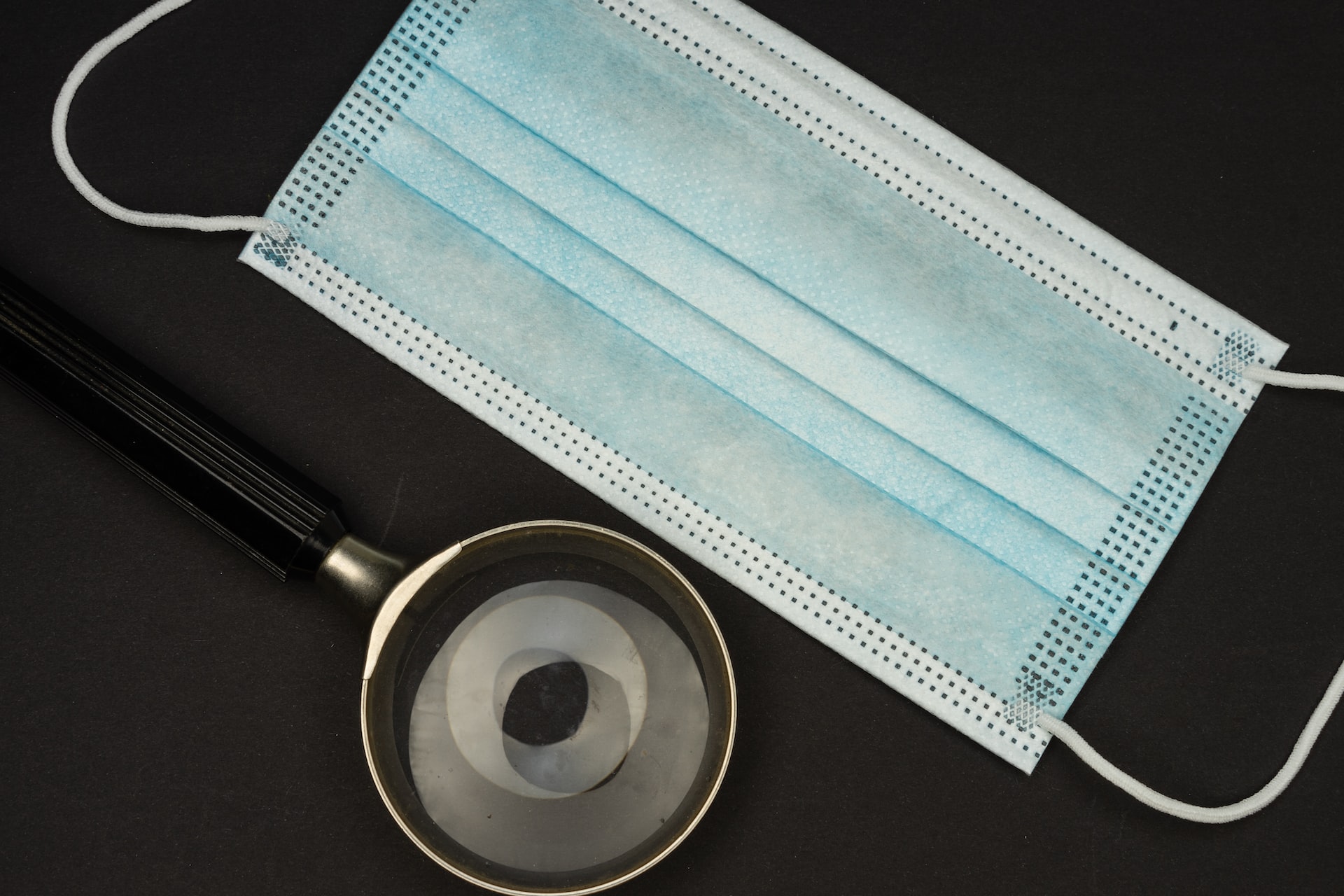Am I Eligible?
What is IBLM Certification?
The International Board of Lifestyle Medicine (IBLM) sets and maintains standards for assessment and credentialing of physicians and PhD/Masters level health professionals in Lifestyle Medicine globally.
Your certification will be issued by the International Board of Lifestyle Medicine.
Am I eligible to take the exam?
IBLM Certified Lifestyle Medicine Physician
You must
1.Hold an MD, MBBS, or equivalent degree
2.Be licensed to practice medicine in Sri Lanka
3.Currently work in Sri Lanka
IBLM Certified Lifestyle Medicine Professionals
You must
1.Hold a Masters or Doctorate degree in a health or allied health discipline as specified below
2.Currently work in Sri Lanka
- Nurse
- Pharmacist
- Registered Dietitian
- Physiotherapist
- Occupational Therapist
- Psychologist or Psychotherapist
- Optometrist
- Podiatrist
- Dentist
- Licensed Clinical Social Worker/Licensed Master Social Worker
- Licensed Professional Counsellor
- Public Health Professionals
- Exercise Physiologist
What are the prerequisites?
The prerequisites for the exam certification are as follows:
Physicians (MBBS)
- 30 hours of online CME
- 20 hours of event CME
- A case study outlining your personal experience with lifestyle medicine (view PDF)
Ph.D./Masters Level
- 30 hours of online CME
- 20 hours of event CME
What are the approved online CMEs?
- ACLM Foundations of Lifestyle Medicine Board Review Course 4th Edition
- ACLM/ACPM Lifestyle Medicine Core Competencies (LMCC)
- Institute of Lifestyle Medicine (Harvard) online courses
- Cornell certificate in plant-based nutrition
- Doane University Lifestyle Medicine Professional Certificate Program
- Weill Cornell Medicine – Qatar, Certificate in Lifestyle Medicine
What are the approved event CME’s?
- ACLM conferences & workshops
- LMGA sister organization annual lifestyle medicine conferences.
- Institute of Lifestyle Medicine (Harvard) conferences
- International Plant Based Nutrition Healthcare Conferences
- ACPM conference, lifestyle medicine stream
- Plant Based Prevention of Disease Conferences
- PCRM International Conferences on Nutrition in Medicine
- Tools for Promoting Healthy Change Conference – ILM @ Harvard
- Weill Cornell Medicine – Qatar, Certificate in Lifestyle Medicine
What are the examination logistics?
- Exam duration: Maximum 4 hours
- Exam items/questions: 150 multiple choice questions for Lifestyle Medicine physicians; 120 multiple choice questions for Lifestyle Medicine professionals.
- Format: Proctored exam, on Classmaker software. Candidates have to bring their own laptop/tablet.
- Timing: Colombo 19th September , 2025.
How long does the certificate last?
The IBLM adheres to the global 10 year re-certification regimen. However, the IBLM offers an alternative maintenance of certification pathway, that allows diplomates to remain certified indefinitely, provided they meet the Maintenance of Certification criteria. For more information, please visit www.Immoc.org.
Lifestyle medicine certification competencies & exam weighting
Please visit https://iblm.co for more details.
Pricing
IBLM diploma certification cost for 2025 : (Includes- registration, Online LMBRC access and manual, conference resgistration and certification)
Physicians (Medical Doctors) Fee: 400 USD
Allied Health professionals fee: 300USD
Please note: this price is ONLY for the first 40 registrants in 2025
The exam cannot be cancelled, refunded or deferred.
Thereafter candidates have to pay full price as below:
Physicians (Medical Doctors) Fee:
Registration- 99 USD
Exam fee— 629 USD
LMBRC – 499 USD
Total — 1277 USD *
Allied Health professionals:
Registration- 49 USD
Exam fee— 449 USD
LMBRC – 499 USD
Total— 997 USD *
Upcoming exam dates
2025 : Colombo 19th September , 2025.
2026 : Prometric testing center of your choice during “exam week” (last week of November, first week of December) each year.
FAQs
The American College of Lifestyle Medicine (ACLM) is the medical professional society for physicians, nurses, allied health professionals, health care executives, medical students, medical residents and others on the health care team devoted to treating, reversing and preventing chronic disease through lifestyle behaviors as a first-treatment option. ACLM fills the existing void in medical education by equipping and empowering its members to practice evidence-based Lifestyle Medicine through live and online CME-accredited events and educational offerings, certification opportunities, clinical practice and reimbursement tools, patient education resources, networking opportunities and advocacy.
Most medical students and physicians do not receive adequate training in even the basics of Lifestyle Medicine—nutrition and physical activity—yet we know that 85 percent of chronic disease today is caused by unhealthy lifestyle choices in these and other areas.

